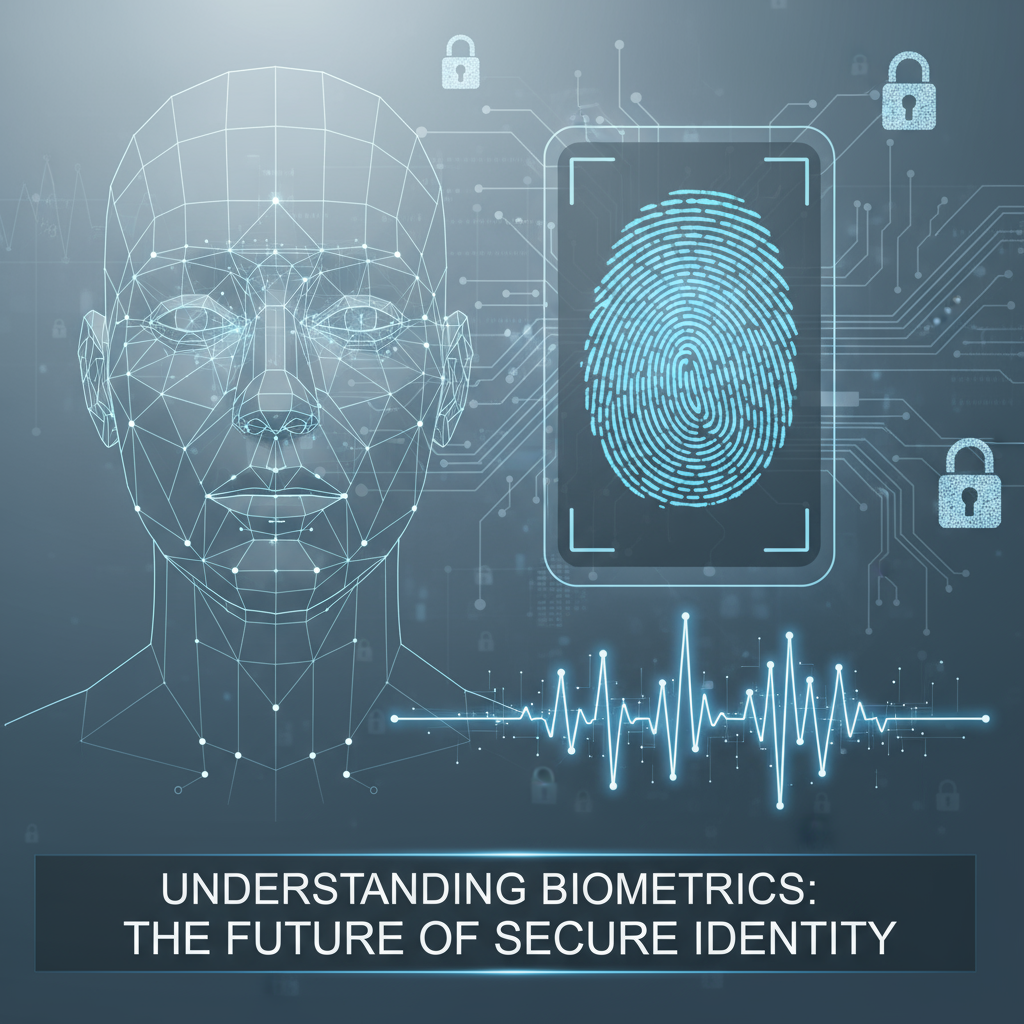Travel is a big part of life for many of us, whether for work, vacations, or visiting family. One thing that can make travel easier and more secure is a biometric passport. In 2025, over 120 countries, including India, the US, Canada, and many in Europe, use biometric passports. These smart passports help verify your identity quickly and safely. This guide breaks down everything you need to know in simple terms—how they work, why they matter, and tips to make your travel smooth.
What is a Biometric Passport?
A biometric passport (sometimes called an e-passport) looks like a regular passport but has a special microchip embedded inside. This chip stores your biometric information—such as your facial image, fingerprints, and sometimes iris scans. These details are unique to you, just like your signature.
Unlike traditional passports, biometric passports use this information to help border officers confirm that you are really you, reducing the risks of forgery or identity theft. India started rolling out biometric passports in cities like Nagpur, Bhubaneswar, and Chennai this year, and by mid-2025, they’ll be available nationwide.
How Biometric Passports Work
Inside your passport’s cover or data page is a tiny chip and antenna. When you approach border control, special scanners read this chip wirelessly and check the stored data.
The process usually includes:
- Verifying your photo matches your face using facial recognition technology.
- Scanning fingerprints or iris information to confirm your identity.
- Securing the stored data with encryption to prevent unauthorized access.
This technology makes your identity harder to fake and speeds up immigration checks, often letting you use e-gates for fast processing.
Benefits of Biometric Passports
- Better Security: Biometric data is very hard to forge, which protects you from identity theft and passport fraud.
- Faster Travel: Automated e-gates and efficient verification mean shorter lines and wait times.
- International Standards: These passports follow ICAO standards, so they work smoothly at airports worldwide.
- Privacy: Sensitive info like your address isn’t printed but stored securely inside the chip, accessible only by officials.
For example, by April 2025, over 20,000 biometric passports had already been issued in Tamil Nadu alone.
Global Adoption and Standards
More than 120 countries have adopted biometric passports to enhance travel security. The International Civil Aviation Organization (ICAO) sets standards to ensure passports from different countries can be read and verified at any airport around the world. This global cooperation helps travelers move more freely and securely.
2025 Updates and Innovations
India is introducing color-coded passport covers for easier identification: blue for ordinary citizens, red for diplomats, white for government officials, and grey for emergency travel documents.
Also, from 2025, newborn applicants must submit a birth certificate as proof of date of birth, and addresses are digitally encoded instead of printed, protecting personal data better.
How to Apply for a Biometric Passport
Applying or renewing is mostly online through the Passport Seva Portal. Here’s a quick overview:
- Fill out the application form online.
- Book an appointment at your nearest Passport Seva Kendra (PSK).
- Visit the PSK for document verification and biometric data capture.
- Pay the fees (which vary depending on processing speed).
- Track your application via the portal.
Tip: Keep your documents ready, especially your birth certificate and proof of address. Arriving early for appointments helps avoid delays.
Common Questions and Concerns
1. Is my data safe?
Yes! Your biometric data is encrypted and only accessible by authorized officials using secure devices.
2. What if my biometrics change?
Most biometric traits, like fingerprints and facial structure, remain stable. In exceptional cases like injury, you may need to update your data.
3. Lost passport?
Report immediately to the authorities to prevent misuse. Apply for a reissue with all required documents.
Conclusion
Biometric passports make traveling faster, safer, and more convenient by using your unique features as ID. With over 120 countries adopting them, including India’s 2025 rollout, it’s clear that biometric travel is the future.




